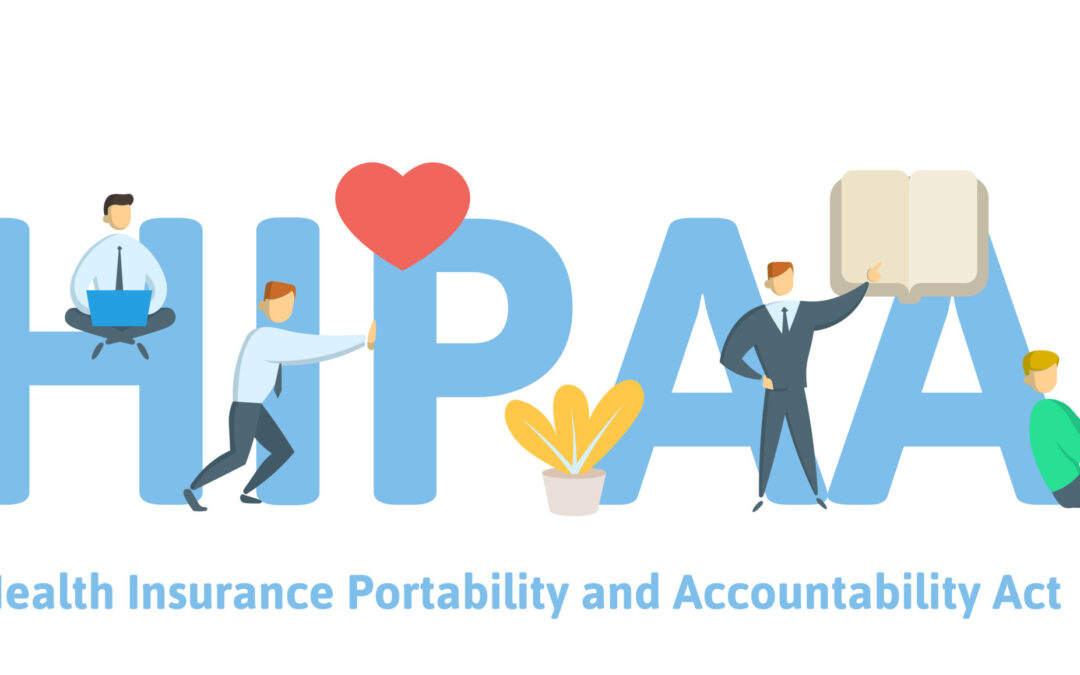
by Glenn Busch Esq. | Jul 12, 2023 | Elder Law, Estate Planning, Planning for Minor Children
As parents, we are constantly making decisions that impact the well-being and future of our children. One such decision revolves around whether or not to include our child’s name on the deed to our home. This choice can have significant legal and financial...

by Glenn Busch Esq. | Jul 10, 2023 | Elder Law, Estate Planning, Estate Planning for Dementia, Incapacity Planning
The HIPAA Privacy Rule provides federal protections for personal health information held by covered entities and gives patients an array of rights concerning that information. 45 CFR §164.508 states the uses and disclosures of PHI that require authorization from a...

by Glenn Busch Esq. | Jun 21, 2023 | Elder Law, Estate Planning, Probate
Legal documents about health care, end-of-life treatments, and allowing others to access medical records are vital to protecting adults at any age. However, a recent article from The News-Enterprise says they are essential for seniors, “All seniors need legal...

by Glenn Busch Esq. | Jun 12, 2023 | Elder Law, Estate Planning
A recent study published in The Lancet showed that only three hours of exercise a week is linked with improved physical function in older adults living in residential care settings and should routinely be promoted in long-term care facilities. McKnight’s Senior...

by Glenn Busch Esq. | Jun 12, 2023 | Elder Law, Estate Planning, News
Since 2000, the national median age in the U.S. has increased by 3.4 years, with the largest single-year gain of 0.3 years in 2021, when the median age reached 38.8 years. This may seem young compared to the life expectancies of older Americans. However, the median...

by Glenn Busch Esq. | Jun 7, 2023 | Elder Law, Estate Planning, News
AARP’s recent article entitled “10 Things Medicare Doesn’t Cover” lists some essential needs for seniors that Medicare doesn’t cover and some ways to pay for them. Opticians and eye exams. Original Medicare covers ophthalmologic expenses, such as cataract surgery. It...







